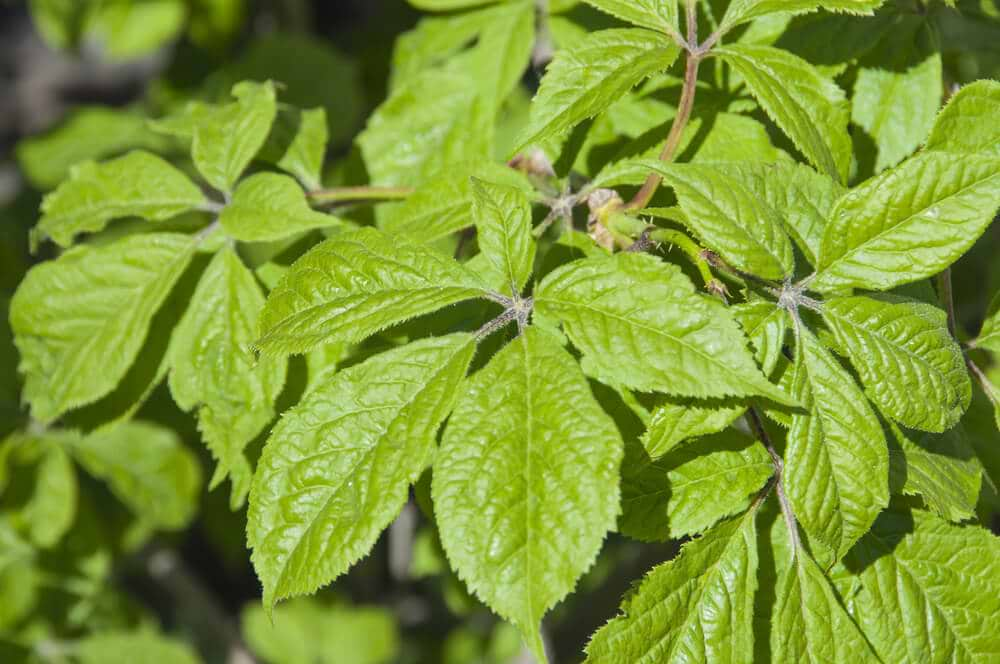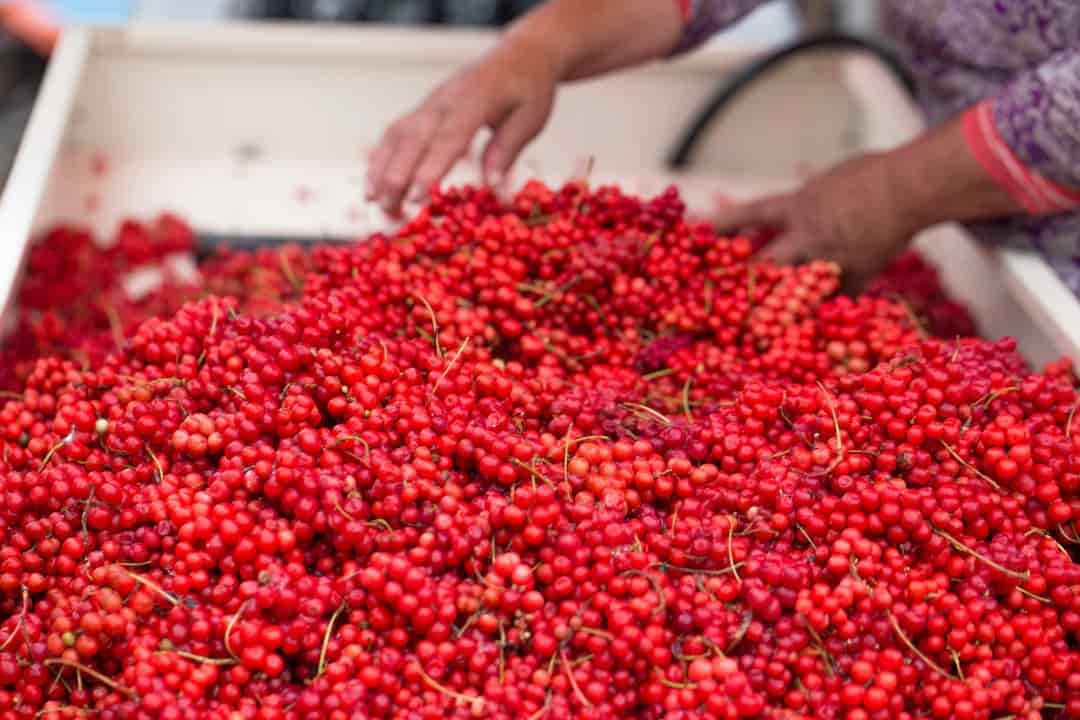It seems that nearly everyone faces unprecedented demands on their time. We all have several roles we play, each with a different set of expectations, whether that's at work, with our families, in our social lives, or elsewhere. It can be all too easy to over-commit, and when that happens, stress can quietly (or not so quietly) sneak up on us.
However, keeping stress at bay is essential to be our most productive, creative selves and to perform at our highest level. As we navigate a world of ever-increasing demands, it's essential to build a personal toolbox of strategies which support us in reliably managing stress. You may already have a toolbox without consciously knowing it. Test out the following ideas, see what works for you, and build a set of practices you can utilize anytime you feel stress creeping in.
Take Adaptogens
Adaptogens are a class of herbs which help the body adapt to stress and promote homeostasis, or stability, within the body. Some common examples include Ginseng (Panax ginseng), Ashwagandha (Withania somnifera), Eleuthero (Eleutherococcus senticosus), Schisandra (also spelled Schizandra) (Schisandra chinensis), and Rhodiola (Rhodiola rosea). Adaptogens can be taken as a tincture, capsule, tea, or powder added to foods. Use the single herbs or take an adaptogen formula with several different herbs, like WishGarden's Deep Stress Adrenal Rescue with Ashwagandha. Adaptogens are a key resource in your toolbox which can be used daily to keep your mind and body resilient.
Exercise
Incorporating movement into your day is crucial to keeping stress at bay. Exercise reduces stress hormones, such as cortisol and adrenaline, while also boosting endorphins. Whether you choose cardio or weight lifting or something else, find an activity you enjoy and create an exercise habit if you don't already have one.
Spend Time in Nature
Studies have shown that wilderness-based stress management tools, such as time in nature and gardening are effective at reducing burnout and other stress-related symptoms. Whether it's a walk in the park, a weekend backpacking trip, or an afternoon in the garden, make space for more time in nature.
Learn to Say No
Perhaps more important than any strategy to mitigate stress is learning to avoid it in the first place. A key tool to prevent stress is to steer clear of taking on too many commitments in the first place. Most of us like to say yes when something is asked of us, but learning to discern the important few from the trivial many is crucial for stress management. For more ideas, check out books like James Latham's Essentialism and Gary Kelleer and Jay Papasan's The One Thing.
A few other stress management strategies to consider include: social time with friends and family, journaling, meditation, taking a hot bath, dancing to music you love, cuddling a pet, making art, and doing something kind for another person. Test different strategies, find what works for you, and build a toolbox to alleviate stress when it comes creeping in, as it inevitably will.
Writer Katie Gerber is a holistic health and nutrition coach serving clients locally in the front range as well as online. In 2014, she completed Aviva Romm's Herbal Medicine for Women certification. After thru-hiking the Pacific Crest Trail in 2014 and the Colorado Trail in 2016, Katie decided to use her botanical medicine and nutrition knowledge to help fellow wilderness lovers seeking more energy and better health. She transitioned from her career as a pastry chef, and enrolled in the Institute for Transformational Nutrition. She now uses her lifelong passion for holistic health with her background in the culinary arts to help people live healthier lives, in alignment with nature. Katie writes for several publications and speaks at local events. When she's not writing and working with clients, you'll most likely find her in the mountains, in the garden, or in the kitchen testing recipes. Find out more about Katie, her articles, and her adventures at her website.
For educational purposes only. This information has not been evaluated by the Food and Drug Administration. This information is not intended to diagnose, treat, cure, or prevent any disease, or sell any product.
Recommended Products
Further Reading













